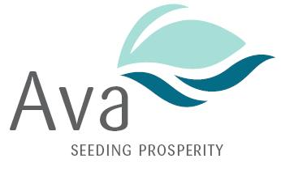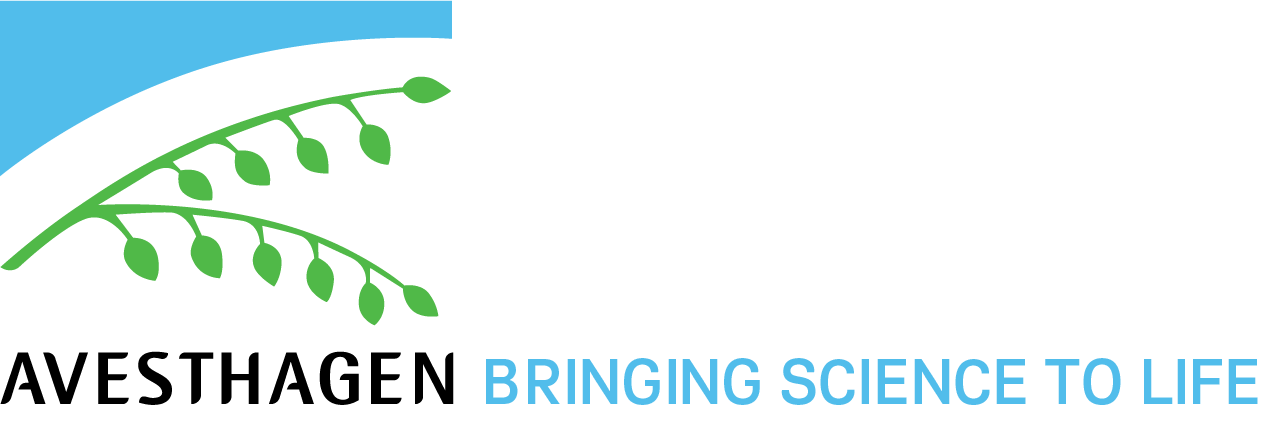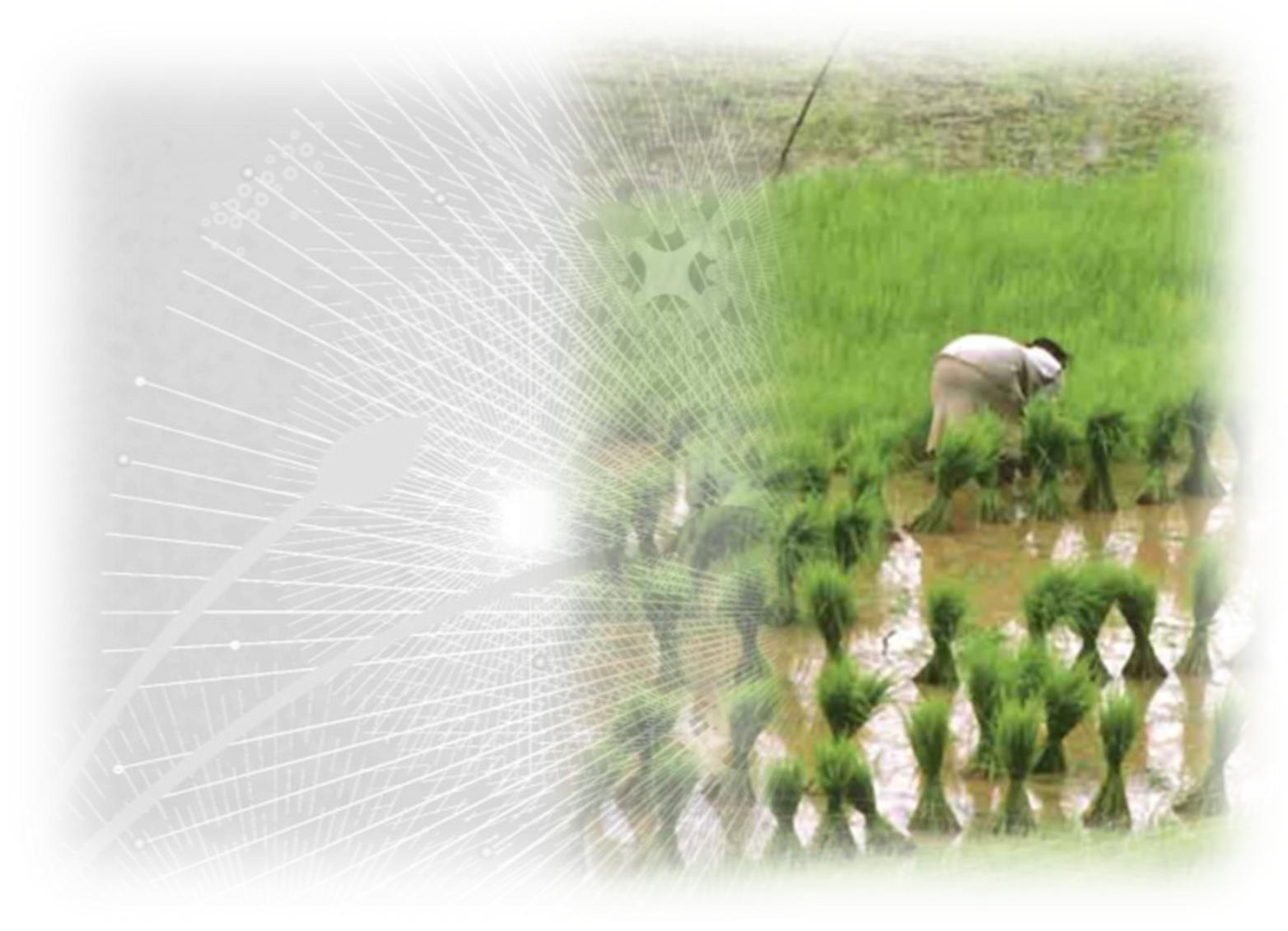Home / Environment
Environment
With changing environmental landscapes linked to global warming, Avesthagen is committed, now more than ever, to bringing about a change in the lives of the farmers through their Environmentally Adjusted Crop Technology™. Farmers ought to be the most admired community anywhere. Living on minimal resources, they feed us, they maintain our rich rural heritage and seriously attempt to conserve the environment. We appreciate the significant role they play and need to respond by developing and providing new and appropriate technologies to enhance their quality of living.
Agriculture
Our bioAgriculture business is focused on the application of molecular markers and transgene based technologies to develop more productive food, feed, fuel and fiber based products to meet the growing needs of farmers, processors and consumers globally.
Our strategy is to commercialise these products globally, either with local partners or pursuant to global alliances with strategic partners. We develop and commercialise both technologies and novel seeds with various improved characteristics such as enhanced nutritional value, catastrophic resistance, and production qualities. We have also developed a new technology to create male sterility independent of species and genotype. This technology will facilitate the development of hybrid versions of rice and other plants, which in turn will be used to develop seeds with enhanced traits and improved yields to be commercialised and marketed under our Hybrid-FITTM trademark.

Overview
In our bioAgriculture business, we are engaged in the development of seeds, the distribution of seeds, the development of technologies for seed development, and agricultural products. The focus of our research and development process is in the following areas:
Nutrition-FITTM seeds for agricultural products with an enhanced nutritional value, such as tomatoes with an increased lycopene content. We registered the trademark Nutrition-FIT in India as a marketing brand for these tomatoes and other seeds for plants with enhanced nutritional functions.
Hybrid-FITTM seeds that express new forms of male sterility, such as male sterile slender long grain rice and male sterile tomatoes. This technology will be transferable to most crops. The creation of new technologies to produce male sterile seeds is an important tool to enable the development of advanced gene-modified seeds with specific traits and enhanced yields. We have developed a new technology to generate male sterile rice and are working on the development of male sterile tomatoes.

Advances in medicine & agriculture have saved vastly more lives than have been lost in all the wars in history.
– Dr. Carl Sagan
American Astronomer, Writer & Scientist, 1934-1996
Products
Nutrition-FIT. Our most advanced development project for the production of gene-modified seeds with enhanced nutritional value is the development of high-lycopene tomatoes. Through the introduction of a gene from rice, we have produced a tomato variant which, on a greenhouse trial scale, has shown significantly increased levels of lycopene.
Hybrid-FIT. The development of male sterile hybrid variants of plants is an essential step in the development of enhanced seeds and transgenic variants. By creating male sterile variants with the desired traits, the developer of such variants can ensure that all of the produced seeds contain the desired trait and that the desired trait will not be diluted or lost due to naturally occurring cross-breeding. Male sterility also ensures that the seeds cannot be produced outside of the control of the originator, which is necessary to ensure that the originator can derive economic benefit from the development of the variant. We expect that the core technology for the creation of male sterile variants described below with respect to rice and tomatoes can be applied to a wide spectrum of different plants.
Rice. Most of the commercial hybrids of Indica rice are based on wild abortive source of cytoplasmic male sterility. A large majority of the hybrid rice grown in China has been derived from wild abortive male cytosterile lines, such as Yuan and Virmani 1988. Such cytoplasmic uniformity could lead to genetic vulnerability of hybrid rice to diseases and insect pests. To overcome this problem, diversification of male sterility sources is essential. We have developed a unique male sterility system for rice. We have focused our research efforts on the role of the mitochondria in the reproductive cycle of rice. By inserting a gene that inhibits certain respiratory functions of the mitochondria, we have created transgenic rice plants which are male sterile.
Tomatoes. Presently, a male sterile system does not exist in nature for the cultivated tomato, Lycoperison esculentum. We are currently developing a male sterile hybrid line of tomatoes based on the same core technology that we have applied for the development of male sterile rice described above. We have completed the introduction of the relevant genes into tomato plants and are currently evaluating these plants in greenhouse trials. Prior to commercialisation of these male sterile hybrid tomatoes, we have to complete strip trials and all-India trials similar to those described for our other seeds products. In order to reduce the time delay in commercialisation, as an alternative to the crop being taken into the open for cultivation, we have proposed to limit cultivation to greenhouse grown tomatoes in the first phase of commercialisation. By adopting this strategy, we can move into commercialisation purely by doing the food safety studies and can avoid three years of MLRT and LST requirements for open field commercialisation. The tomatoes grown in such greenhouses will be used to produce puree, juice and also for extraction of lycopene itself as a pure compound. Once the field cultivation is approved, then fresh tomatoes with seeds also will be commercialised.

Green Technology
Under our Oilworld Program, we are developing transgenic Jathropha plants that have an increased oil yield for the production of biodiesel and also pearl millet, a grain whose fiber contains an enzyme that would facilitate cellulosic ethanol production without the use of external enzymes, thereby making the process faster and more cost effective than the sugarcane model, resulting in more sustainable cellulosic ethanol. BioPercept, a biocompostable plastic. BioPercept is made from renewable resources and is a biocompostable plastic that breaks down and decomposes, under industrial composting conditions, within 120 days.
Overview
Environmentally Adjusted CropsTM seeds with an increased tolerance to environmental stress, such as drought or salinity. Our most advanced projects in this area are drought tolerant Indica rice and pearl millet and salinity tolerant rice.
Transgenic plants that produce Docosahexaenoic acid, commonly known as DHA, which is an omega-3 fatty acid. We have isolated the genes that produce DHA and ALA in Schizochytrium, a marine organism, and have commenced the transformation of such genes into mustard. We are also developing yeast variety to produce DHA directly in a high-throughput manner in controlled environment.
Jatropha variants with increased oil yields for the production of biofuels. Jatropha seeds can be grown on marginal land and are a candidate for the production of biofuels. They have a naturally occurring oil content ranging from around 30–35% and their oil is inedible.
Products
Under our Oilworld Program, we are developing transgenic Jathropha plants that have an increased oil yield for the production of biodiesel and also pearl millet, a grain whose fiber contains an enzyme that would facilitate cellulosic ethanol production without the use of external enzymes, thereby making the process faster and more cost effective than the sugarcane model, resulting in more sustainable cellulosic ethanol. BioPercept, a biocompostable plastic. BioPercept is made from renewable resources and is a biocompostable plastic that breaks down and decomposes, under industrial composting conditions, within 120 days.
Environmentally Adjusted CropsTM
Drought-FIT. Our most advanced development project for the production of gene-modified seeds with drought tolerance is pearl millet. Through the introduction of a gene from tobacco, we have produced a pearl millet variant with enhanced drought tolerance. We are also in negotiations with the University of Agricultural Sciences, Bangalore to license-in a variant of drought-tolerant Indica rice. Upon successful completion of these licensing arrangements, we would expect to conduct the required [strip trials and] all-India trials to obtain regulatory approval for this variant.
Salinity-FIT. We have isolated genes that provide salinity tolerance in rice plants that naturally grow in environments with high salinity. We have introduced these genes into indica rice (male parent of Atash hybrid). We are currently evaluating tissue cultures of the modified variant.

DHA Program
Docosahexaenoic acid, or DHA and acid alpha linolenic acid, or ALA are two of the Omega 3 acids, and which have shown a variety of positive health effects. This program is aimed at introducing key step genes for oil quality into mustard and sunflower with the goal of developing variants of the plants that produce these Omega 3 acids. To do this, we have isolated the gene sequence of the marine organism Schizochytrium that is required for the production of the Omega 3 fatty acids ALA, and DHA and we are currently working on transforming mustard, by inserting the relevant isolated genes, to develop a variant that produces DHA, and on transforming Sunflower to develop variants that produce ALA and DHA
Jatropha
Jatropha is a popular oilseed crop with potential for use in the production of biofuels. The oil content of Jatropha seeds ranges from around 30–35% and is inedible. This oil has traditionally been used as a fuel in domestic lighting and as a raw material for soap making. As a triglyceride, this oil is a poor fuel substitute due to its high viscosity, low flow rate, low volatility and poor cold flow rates. Derivatives of this oil, however, commonly referred to as “biodiesel” may be blended with diesel in varying proportions or used directly as a diesel substitute in compression-ignition engines.
We aim at developing high oil-yielding Jatropha curcas plants by transgenic manipulation of oil biosynthesis with oil-enhancing genes and have received funding from the Department of Biotechnology of the Government of India and National Bank for Agriculture and Rural Development (NABARD) for the development of these transgenic variants. In this project, we have already initiated the development of an efficient tissue culture and transformation protocol. Additionally, we are working on several other seeds, including sunflower, mustard and tobacco and intend to commence work on maize and cotton. These development projects target enhanced nutritional value, drought, salinity and disease resistance and the increased efficiency in the use of nitrogen.
Research and Development
The focus of our research and development is the identification and isolation of genes with beneficial traits, including from non-plant sources; optimization of genes from non-plant sources for the expression of specific desired traits; study of the functionality of genes that were transferred into a new host organism; construction of plasmids, and their reception in host organisms.
■ genetic transformation of model plants
■ genetic transformation of target plants
■ regeneration of genetically transformed plants
■ selection of regenerated transformed plants for those expressing the desired traits
■ acclimatizing the selected transformed plants
■ analyzing the functionality of the introduced gene
■ selection of plants based on functionality
■ self-pollinating the selected plant
■ production of the first generation, or T1 seed
Screening of the T1 population for plants with the desired genetic characteristics for the production of the T2 plants in order to produce seeds for field testing and conversion of the developed lines to commercial hybrids.
Intellectual Property
In our bioAgriculture business, we protect our intellectual property through patent applications and the registration of trademarks in the markets in which we currently operate and in markets that we expect to target in the future. We license some of the process technologies utilized in our bioNutrition business from third parties in our ordinary course of business, but we do not consider any of these licenses to be material to our bioAgriculture business.
Environmentally Adjusted CropsTM can be created using a non-GMO route or a GMO route. For the non-GMO route the molecular markers patent is pertinent. The rest of the patents relate to expression and proteins of interest. In order to be able to make a GMO crop we need a protein of interest that is provided by a gene, and this protein need to be expressed for which we need a promoter. Promoter-Gene is quintessential in order to be able to generate a GMO plant. Most patents are all related to either genes or promoters. In addition to a promoter-gene, it is necessary to have a process of transformation that provides a prescribed means of delivering the promoter-gene to the cell. In this respect, we have acquired a process patent on transformation of pearl millet which is part of the patent list. Therefore we have patents for promoters, genes, transformation and markers are resulting in GMO EAC crops and non GMO EAC crops. We have identified a number of genes and proteins that confer stress resistance/tolerance in plants and methods through which plants can be genetically transformed. These genes can be transformed into the major crop plants, such as rice, corn, wheat, soybean, sorghum and pearl millet.
Partners
 Limagrain
Limagrain
In 2006 we entered into a broad collaborative agreement with Limagrain. Pursuant to this agreement, we and Limagrain have access to each other’s intellectual property, subject to licensing fees that are negotiated on a case-by-case basis. Limagrain has in the past and currently continues to fund a portion of the research expenses in our BioAgriculture business. Limagrain is entitled to commercialise any of the products that we develop in our BioAgriculture segment.
In 2007, we with Limagrain established Atash Seeds and Ava Seeds Pvt Ltd as two separate jointly owned companies. In late 2007,we restructured our ownership of these companies and Atash Seeds became our wholly owned subsidiary, while Limagrain acquired 100% ownership in Ava Seeds. While we, through Atash Seeds, are focusing on the development of transgenic grain variants, Limagrain, through Ava Seeds, is focusing on vegetables. We have also been engaged in specific research projects with Limagrain, such as SNP analysis in maize, wheat and barley.
 Genetic-ID
Genetic-ID
We have had a global laboratory alliance with Genetic ID, the global leader in GMO identification. Genetic-ID provides the agriculture and food-processing industry with internationally accepted GMO testing services.

Agricultural science has focused on two main goals for decades: to increase (1) yield and (2) quality of agricultural products by improving the protection of crops from diseases or limitations caused by pathogens, insects, nutrients and stress. These goals have significant economic implications, which are affected by environmental conditions. Environmental stresses represent the most limiting factors for agricultural productivity worldwide. Abiotic stress, especially salinity and drought, is the primary cause of crop losses worldwide. Avesthagen has established Ava Seeds® Private Limited as a vehicle to deliver the latest agribiotech technologies developed in-house dealing predominantly with grain, seeds and vegetable productivity.
Avesthagen’s efforts in this direction will go further than solving the food problem. It will provide better and more sustainable Nutrition worldwide. Agriculture still remains the foundation of the Indian economy, contributing about 25% of the GDP.
■ Avesthagen’s agri-biotechnologies division has been engaged in the development of novel seed research and development of seeds technologies, testing and certification.
■ The R&D focus and intellectual property has been developed around genes and promoters that enable the synthetic production of proteins and the generation of a specific GMO plant. In this respect, the Company has developed a process patent on first, transformation of pearl millet and secondly, a modified tobacco plant reducing nicotine by c.80%.
■ Ava Seeds® has developed cutting edge GMO technologies for traits such as drought stress, salinity stress, nitrogen use efficiency and also in the area of enhanced nutritional value, abiotic resistance (drought and salinity) and biofuels. The agriculture patents have substantial value and the next steps will include trials in the US, bringing validation and progression through the regulatory process. The Company will commercialize its technologies and products with Indian and global industry players.

